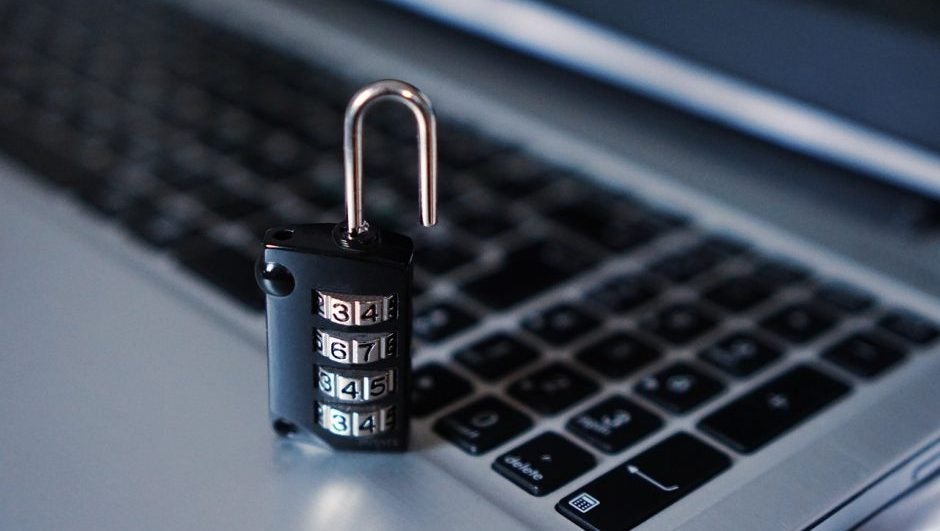Computing hardware company MSI fell victim to a ransomware attack last week, records show.
While the details aren’t all available from the paperwork that the tech company filed with the Taiwanese Stock Exchange, the timing lines up with claims from the “Money Message” ransomware gang. If those claims are true, MSI’s stolen data files will be leaked online if the company doesn’t pay a ransom to the tune of $4 million.
It’s the latest ransomware attack to remind the tech industry that this form of hack remains one of the most serious cybersecurity threats to keep a watch for.
What to Know About the MSI Hack
The “Money Message” group has claimed to be responsible for the breach, and to require $4 million in payment in order to halt their release of the data. This stolen data includes company source code, the hackers state.
Not confirmed currently? When exactly the hack occurred, what type of data may or may not have been taken, and which encrypted systems MSI was relying on.
MSI has not disclosed the details of the ransom, but they have confirmed the breach itself. One recent study found that 30% of IT professionals say they have covered up data breaches, so this situation could be even worse.
“After detecting some information systems being attacked by hackers, MSI’s IT department has initiated information security defense mechanism and recovery procedures.” – MSI
In the same statement, the company said it had reported the incident to “the relevant government authorities.”
Ransomware Has Surged in the Past Few Years
The threat of ransomware attacks — when hackers infiltrate a system specifically in order to steal or lock up massive amounts of data unless the victim pays a big fee to reverse the damage — has long been a billion-dollar concern for industries everywhere.
In fact, total ransomware costs reached $1.2 billion in 2021. Together with general business email compromise, ransomware incidents added up to 70% of all cyberattacks between mid-2021 and mid-2022. Healthcare was one big target, due in part to the large amount of sensitive data that hospitals rely on — 1.9 million US patient records were stolen in just one 2022 incident alone.
Ransomware Is Down… But Not Out
That tide has started to turn slightly in recent months.
Cybersecurity teams have rolled out new training and resources. At the same time, the economy has led to belt-tightening, even among illegal operations: Ransomware hacking groups have been downsizing amid plenty of other tech layoffs.
In total, one analysis found, ransomware attacks were 40% less profitable across 2022 than they had been in the previous year. 2021 may have been the peak for this type of hack. But that doesn’t mean they don’t remain a massive threat and companies like MSI are here to prove as much.
As always, you should protect your business from ransomware when you can. The first line of defense is a good firewall, and plenty of other tech tools will help as well, from great business VPNs to high-quality password managers.




